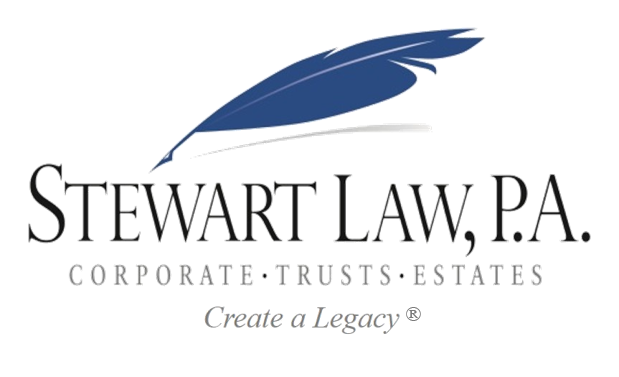Family Limited Partnership: F.A.Q.

A Family Limited Partnership (“FLP”) is a structure that is known for two main purposes: asset protection and tax minimization. Its ability to handle both of these important wealth generators puts it in the running as one of estate planning’s most valuable tools, if implemented and maintained properly.
Below, you will find some frequently asked questions that we receive from our clients regarding FLPs.
(1) What is an FLP?
An FLP is a limited partnership in which all the partners are family members or entities created by or owned by family members. A limited partnership is a business entity that consists of at least one general partner and at least one limited partner. Today, limited liability companies (LLCs) are commonly used in place of limited partnerships to accomplish all of these same purposes, even though the acronym “FLP” has stuck.
(2) Who is in charge of the FLP?
It varies, but often parents or grandparents. Children or grandchildren are more often limited partners (or Members) with less control.
(3) What type of asset goes into an FLP?
A common asset to fund an FLP is an investment account that isn’t normally touched on a day-to-day basis. Other assets that are great to fund an FLP are investment real estate and, potentially, stock of a closely held company. However, it is important to remember that stock in an S-Corporation should not be transferred to an FLP, as partnerships are not permissible shareholders of S-Corporations.
(4) How does an FLP protect my assets?
In the event you are sued or attacked by creditors, assets in an FLP will be protected against any liability you may face individually. An FLP is a great way to protect assets with large values for those whose professional careers are prone to lawsuits. Since you technically don’t own the asset transferred to the FLP, creditors generally cannot reach that asset.
(5) How can an FLP help me reduce my tax obligations?
By transferring assets to an FLP, you no longer own the asset individually. The only asset included in your gross estate upon your death is your ownership interest in the FLP. The interests in the FLP can be attractive for tax reasons because of certain discounts they receive, such as discounts for transferring minority interests in the FLP as well as for the lack of marketability the FLP interests have. These discounts are favorable for transferring interests in the FLP to children or grandchildren at a reduced value, thus saving on gift taxes.
If you are interested in forming an FLP to protect your assets or potentially reduce taxes, please contact us to speak with one of our attorneys.
** The information contained in this communication is not intended to constitute legal, accounting or tax advice.
